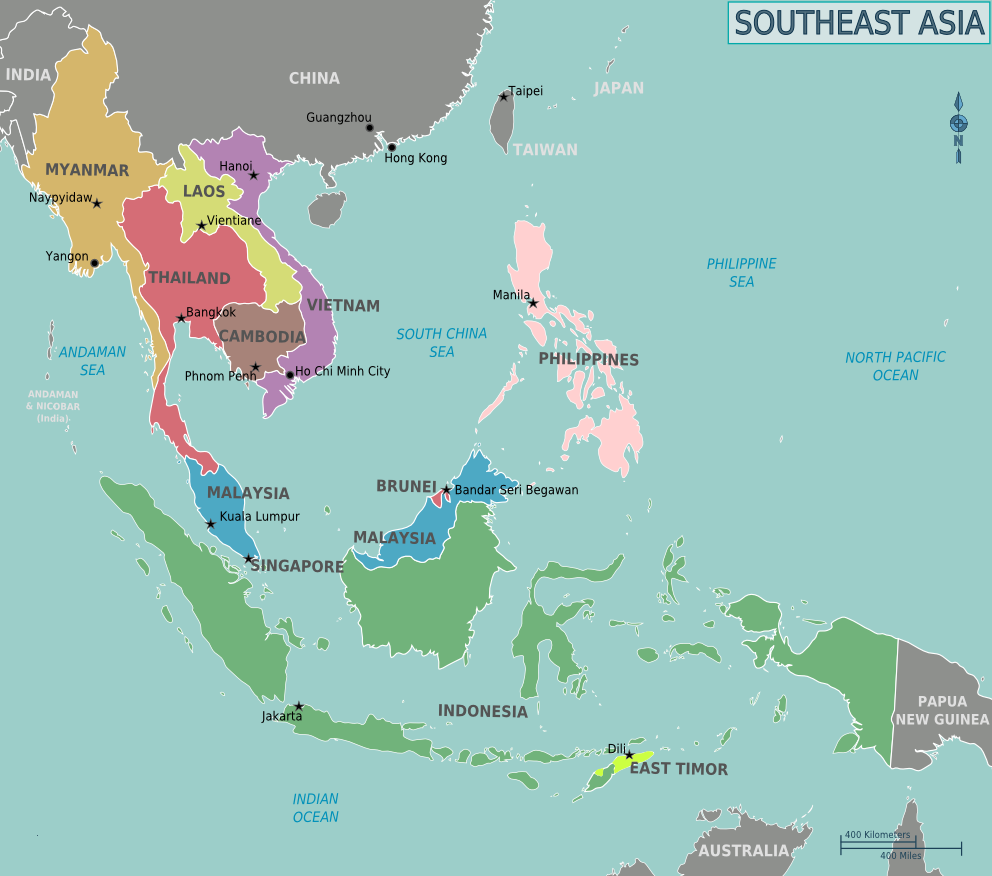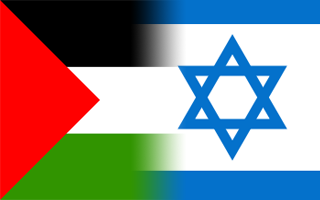 |
| Source: United Nations |
Tensions among the ethnic Nuer and Dinka groups have recently escalated and there have been reports of widespread violence and killing across the country. Ongoing political disputes are at the root of the current unrest. Media reports indicate the former Vice President, Riek Machar (an ethnic Nuer who was dismissed in July 2013), attempted a coup against President Salva Kiir (an ethnic Dinka) and has allegedly taken control of key parts of the country.


















